 264 Lexington Avenue, #4B (Compass)
264 Lexington Avenue, #4B (Compass)
If you live in a large multifamily dwelling in New York City, there is a good chance that you are in a building with a live-in superintendent. Virtually all full-service buildings (i.e., buildings with door staff and porters) have one or even more live-in superintendents, and many non-service buildings also have a live-in superintendent. The reason for this is simple: The Housing Maintenance Code of Union 32BJ, which includes building workers such as superintendents, explicitly states that if a building has ten or more units, at least one superintendent must live on-site or within 200 feet of the building.
This article explains the role of superintendents, highlights the importance of their work, and explores why live-in superintendents, in particular, often receive the largest tips during the holiday season.
This article explains the role of superintendents, highlights the importance of their work, and explores why live-in superintendents, in particular, often receive the largest tips during the holiday season.
In this article:
They are the Jack (or Jill) of all trades and a lot more
New York City superintendents must possess a comprehensive knowledge of everything related to running a multifamily dwelling and possess a range of other people, communication, and management skills. Part handyman or handywoman (though the vast majority of superintendents are male), part building manager, part project manager, and part 24/7 building convener (though the 32BJ contract clearly states that superintendents are only required to work 40 a week), superintendents essentially do it all, so city residents don't have to worry about the daily upkeep of their residences. A partial list of responsibilities that fall on the shoulders of the city's superintendents include the following:
1. Maintaining, monitoring, and fixing HVAC, plumbing, and electrical systems
Among other skills, superintendents must know how to maintain and monitor an HVAC system (a task that is harder than one might expect, especially in a high-rise building where temperatures can vary significantly from the first to top floors). Superintendents also must possess an advanced understanding of plumbing and electrical systems. While they generally do contract with licensed HVAC technicians, plumbers, and electricians when major problems arise, they must be able to fix daily glitches and at least diagnose other common problems that plague nearly all residential building systems from time to time.
Among other skills, superintendents must know how to maintain and monitor an HVAC system (a task that is harder than one might expect, especially in a high-rise building where temperatures can vary significantly from the first to top floors). Superintendents also must possess an advanced understanding of plumbing and electrical systems. While they generally do contract with licensed HVAC technicians, plumbers, and electricians when major problems arise, they must be able to fix daily glitches and at least diagnose other common problems that plague nearly all residential building systems from time to time.
2. Overseeing other general maintenance projects
Superintendents are responsible for overseeing general maintenance tasks in their assigned buildings, including carpentry, painting, flooring, patching, hardware repairs, and ensuring cleanliness. This means that if a door is falling off its hinge, a lightbulb has burned out in the laundry room, paint is chipping in the hallway, or there's a spill in the lobby, it’s the superintendent’s responsibility to ensure the issue is addressed promptly. They must either handle the repair themselves or delegate it to other staff members in the building
Superintendents are responsible for overseeing general maintenance tasks in their assigned buildings, including carpentry, painting, flooring, patching, hardware repairs, and ensuring cleanliness. This means that if a door is falling off its hinge, a lightbulb has burned out in the laundry room, paint is chipping in the hallway, or there's a spill in the lobby, it’s the superintendent’s responsibility to ensure the issue is addressed promptly. They must either handle the repair themselves or delegate it to other staff members in the building
3. Manage and order building supplies
While most tenants don't see this end of their building's operations, all buildings require supplies. From light bulbs and cleaning supplies to mouse traps and sidewalk salt, buildings must have a host of supplies on hand. Superintendents, who work closely with boards in coops and condos and with management companies in most other buildings, are responsible for ensuring that the building has the supplies needed to respond to daily nuisances and the next weather disaster.
While most tenants don't see this end of their building's operations, all buildings require supplies. From light bulbs and cleaning supplies to mouse traps and sidewalk salt, buildings must have a host of supplies on hand. Superintendents, who work closely with boards in coops and condos and with management companies in most other buildings, are responsible for ensuring that the building has the supplies needed to respond to daily nuisances and the next weather disaster.
4. Manage other building staff and contractors as needed
In most buildings, superintendents oversee other building staff, including part-time or assistant superintendents, porters, and doormen. This means that hiring, scheduling, and supervising staff is another key part of the job. If they don't have staff, they are still responsible for supervising the work of any contractors brought in to fix problems they can't fix themselves.
In most buildings, superintendents oversee other building staff, including part-time or assistant superintendents, porters, and doormen. This means that hiring, scheduling, and supervising staff is another key part of the job. If they don't have staff, they are still responsible for supervising the work of any contractors brought in to fix problems they can't fix themselves.
5. Ensure the compliance of any contractors working in the building
Finally, superintendents are their building's primary gatekeepers. From ensuring insurance certificates have been completed before furniture deliveries to overseeing the work of contractors doing repairs in private units, superintendents must know what is happening at all times and ensure it is not compromising the health or safety of tenants or impacting the structural integrity of the building.
Finally, superintendents are their building's primary gatekeepers. From ensuring insurance certificates have been completed before furniture deliveries to overseeing the work of contractors doing repairs in private units, superintendents must know what is happening at all times and ensure it is not compromising the health or safety of tenants or impacting the structural integrity of the building.
Given the wide range of skills required to be a superintendent, most job advertisements explicitly ask for individuals who not only possess all the above technical skills but possess strong written and verbal communication skills, supervisory experience, management experience, customer relations experience, and at least a working knowledge of Microsoft Word and Excel. In some cases, experience using one or more building management software programs is also a requirement.
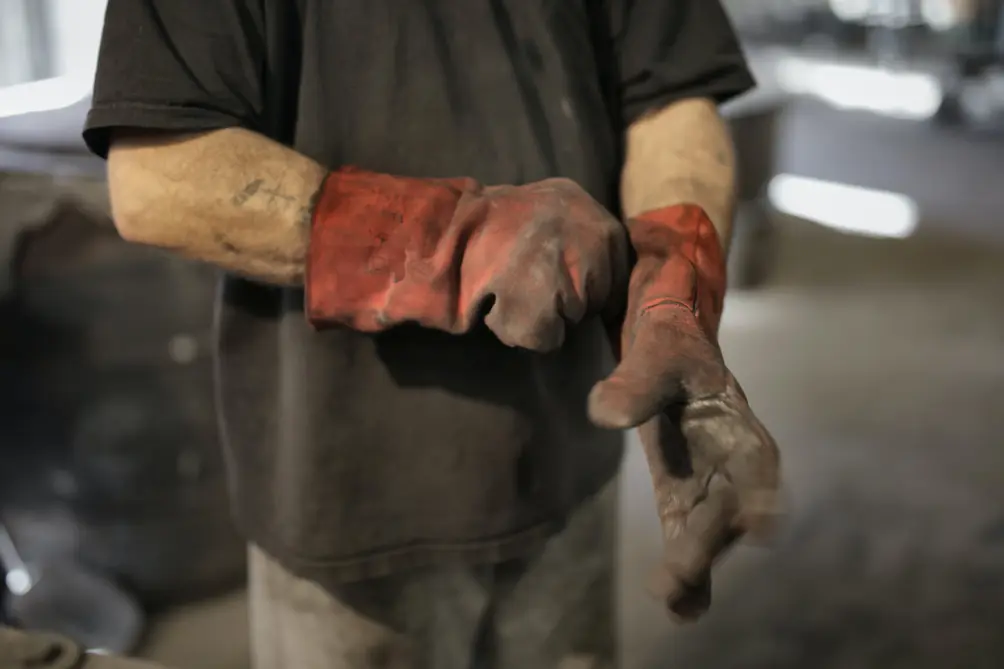 Pexels - Andrea Piacquadio
Pexels - Andrea Piacquadio
Benefits and realities of live-in superintendent life
Live-in superintendents typically live in an unit on the ground floor for a reduced rate, if not for free. Moreover, thanks to the advocacy of 32BJ of the Services Employees International Union, unionized superintendents in New York City are fairly compensated and have access to benefits. They also generally make more than other building staff due to the high level of skill and responsibility associated with the position.
The housing perks are compelling benefits in a city with high housing prices, especially in some of the most coveted neighborhoods, but they come with a position without the set work hours and days off that accompany a typical office job. Live-in superintendents are required to be on call at all times, both to respond to building emergencies and to comply with city regulations for the building.
The point was driven home in fall 2024, when a group of superintendents protested new trash regulations outside of City Hall (h/t Gothamist). Under new regulations stating that trash bags cannot be set out before 8 p.m. for collection the following morning, superintendents' work days are effectively extended. They said that the new rules were cutting into their evenings and personal lives; one protestor, who identified himself as the single father of a teenager, said he accepted a ticket to have more time with his family.
Why your superintendent deserves to be tipped during the holiday season
A job search on Indeed found that live-in superintendents generally make between $45,000 to $70,000 annually, though compensation is impacted by experience and seniority. As a result, some live-in superintendents make less, and many make much more. However, it is important to note that according to the 32BJ contract for building managers, live-in superintendents’ housing and utilities don’t technically count as a wage, remuneration, or income.
So, how much should you tip your superintendent during the holiday season? A good rule of thumb is to ask yourself a simple question: How much would someone have to pay you to wake up at 2 a.m. to unclog a neighbor’s toilet or deal with an emergency flood after spending the day overseeing an HVAC repair and escorting an exterminator through your building? If you couldn't or wouldn't be willing to do this at any price, you already have a good starting point for determining how much your superintendent deserves during the holiday season.
Listings in Doorman Buildings with Live-in Superintendents
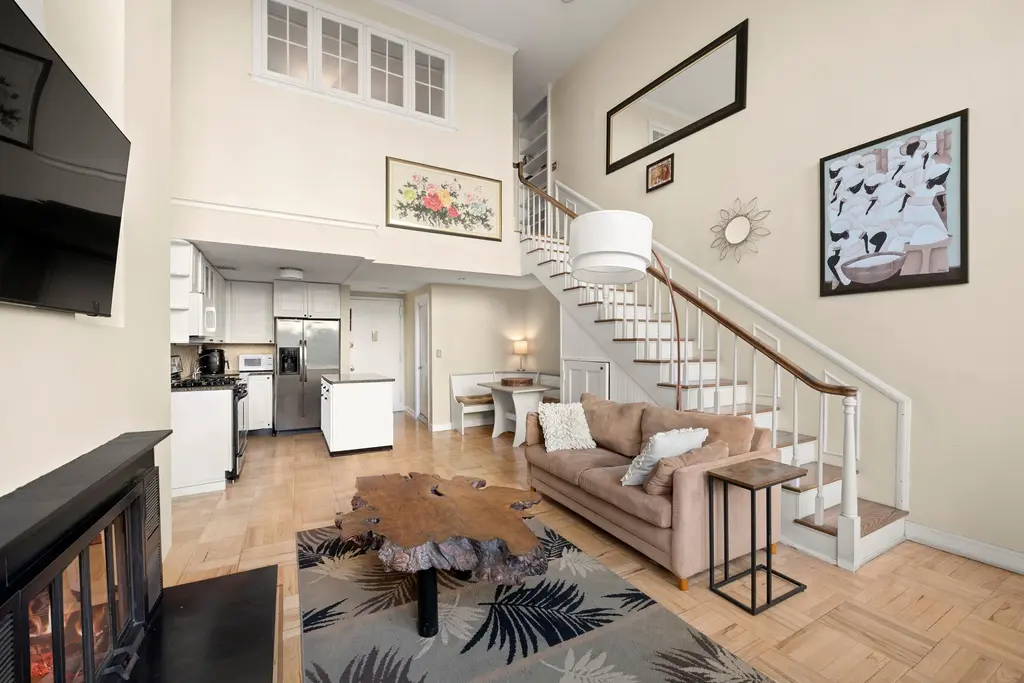
170 East 88th Street, #4H (Douglas Elliman Real Estate)

136 East 36th Street, #8B (R New York)
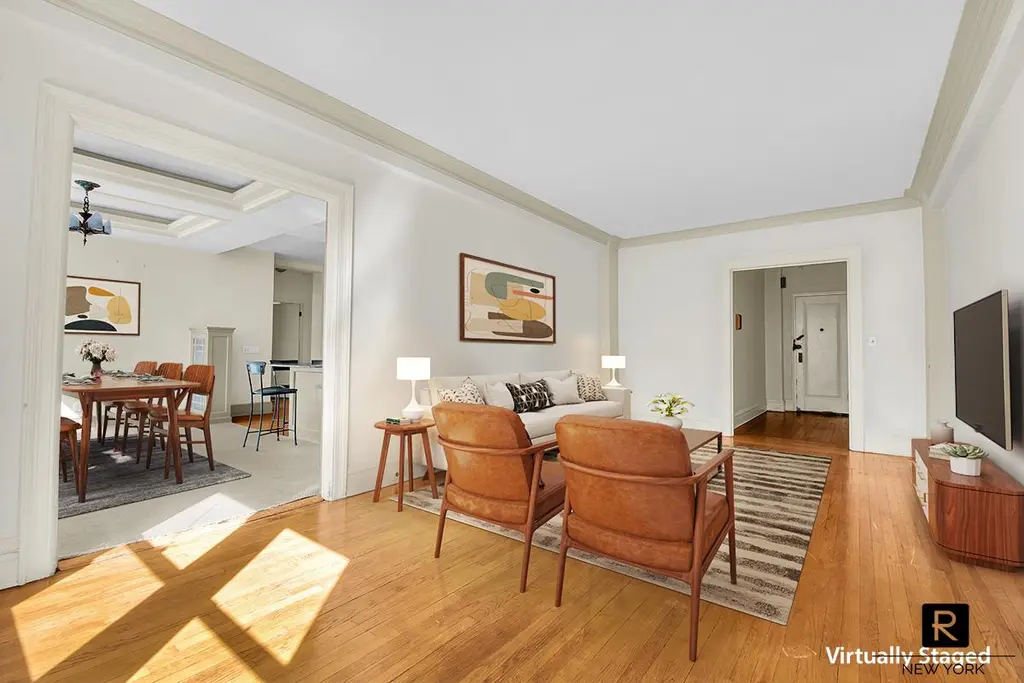
Would you like to tour any of these properties?
Just complete the info below.
Or call us at (212) 755-5544

Beekman Mansions, #6C (Compass)
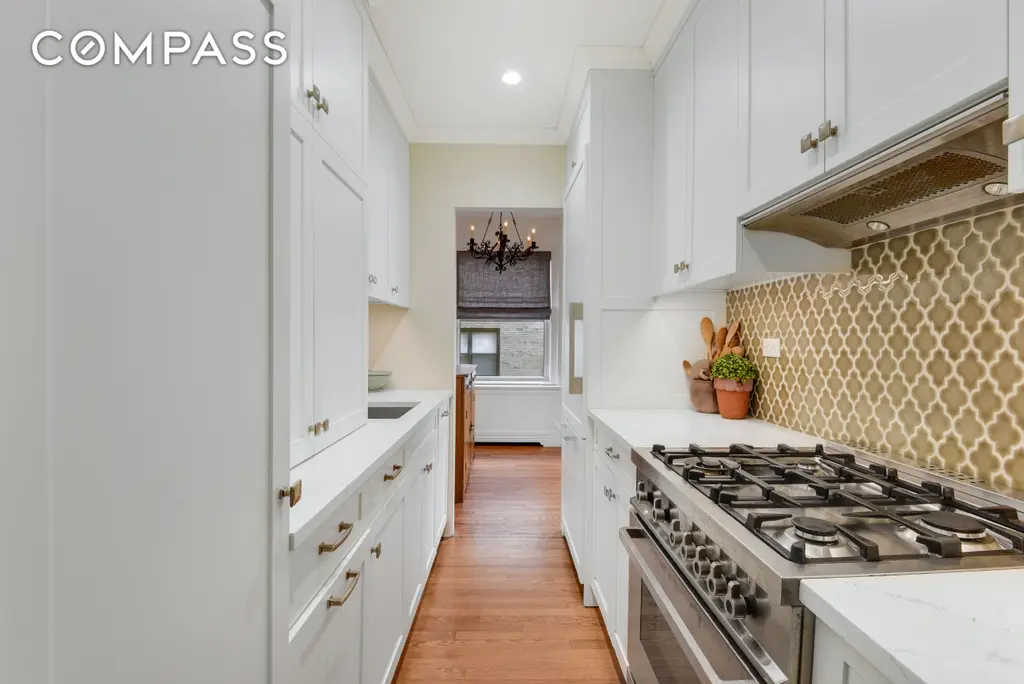
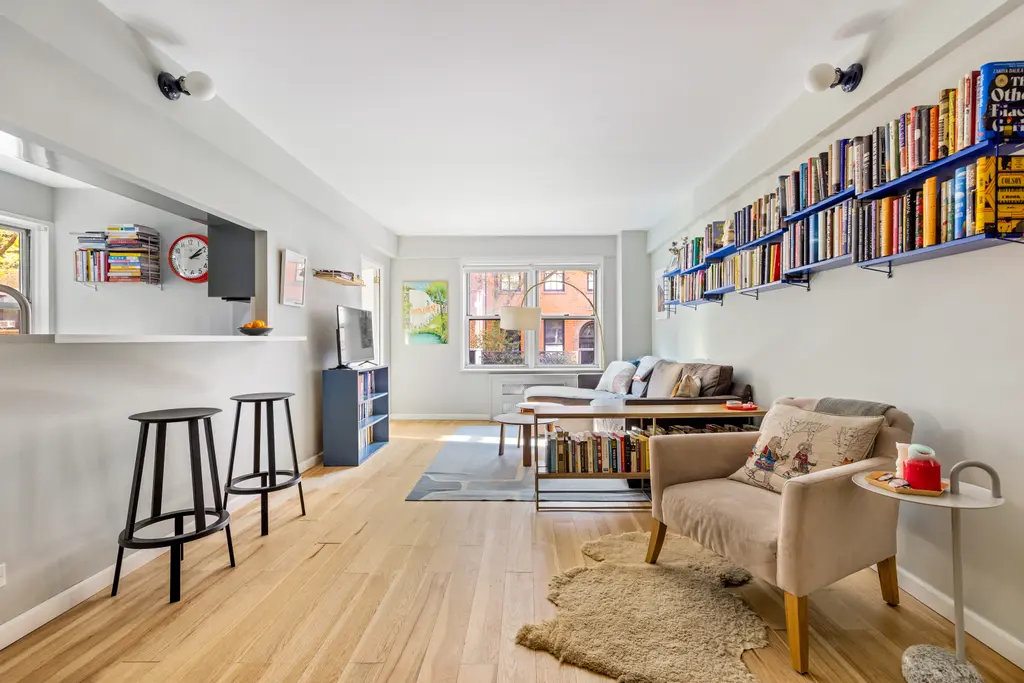
135 Willow Street, #206 (Christies International Real Estate Group LLC)
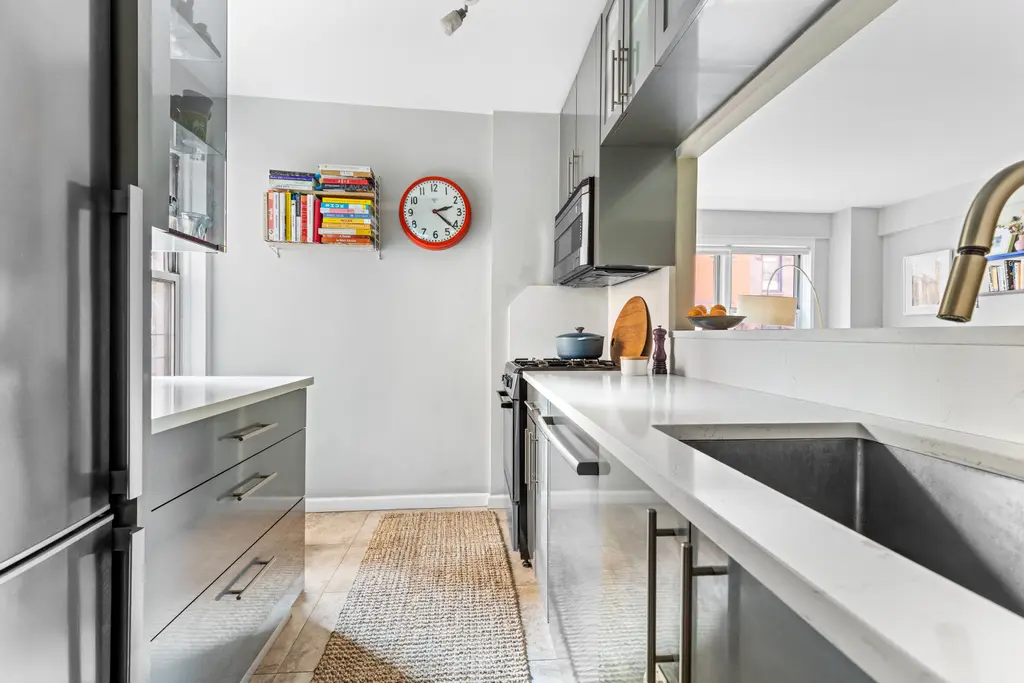
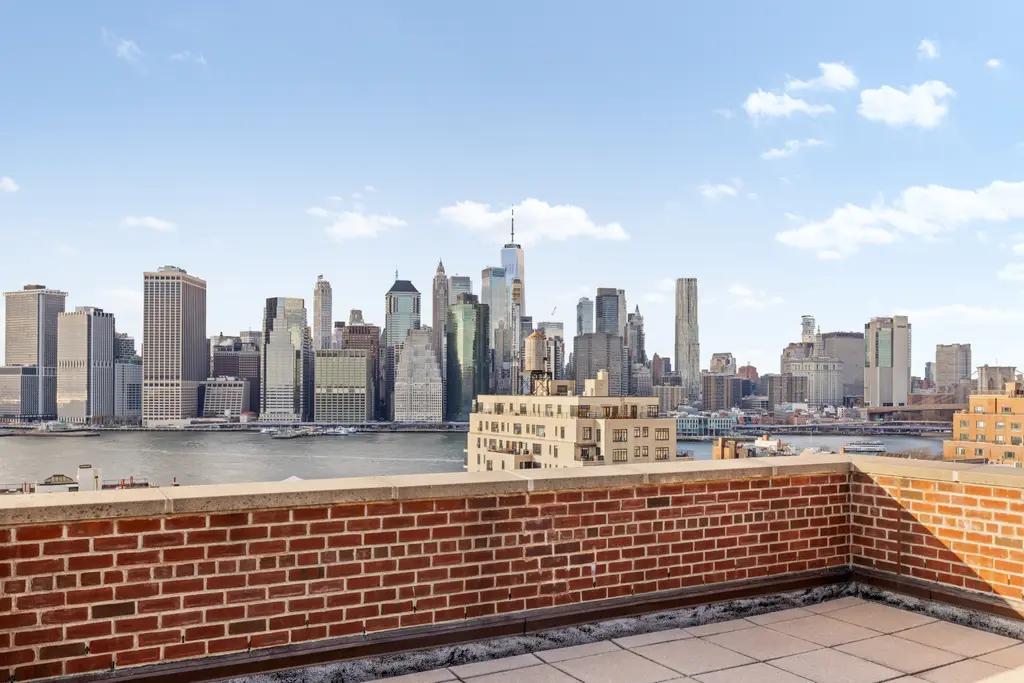
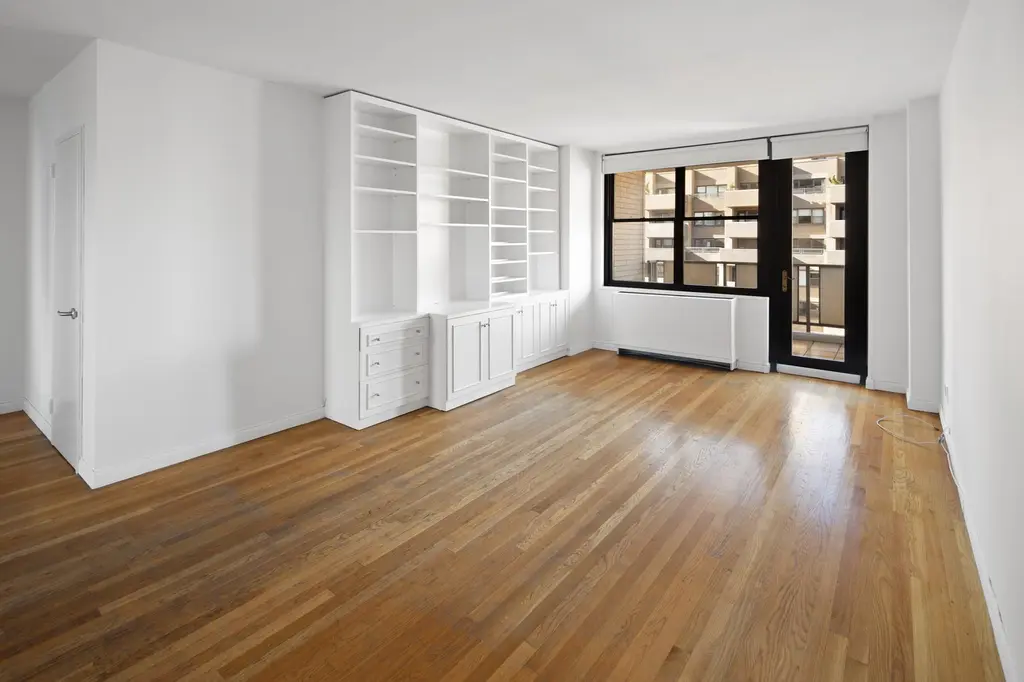
The Corniche, #18A (REAL BROKER LLC)
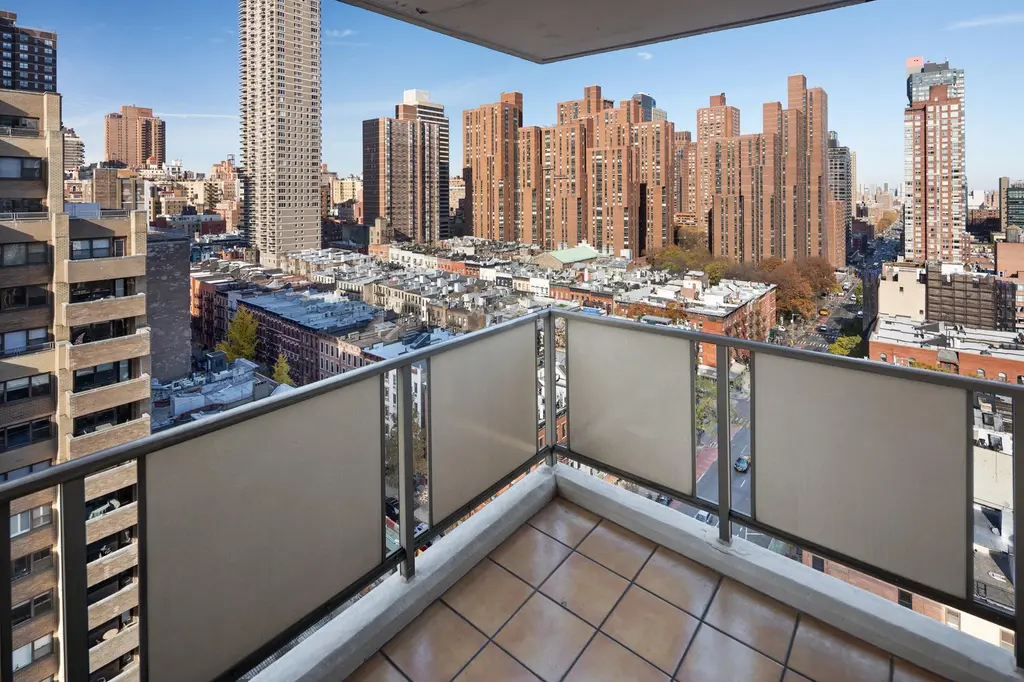
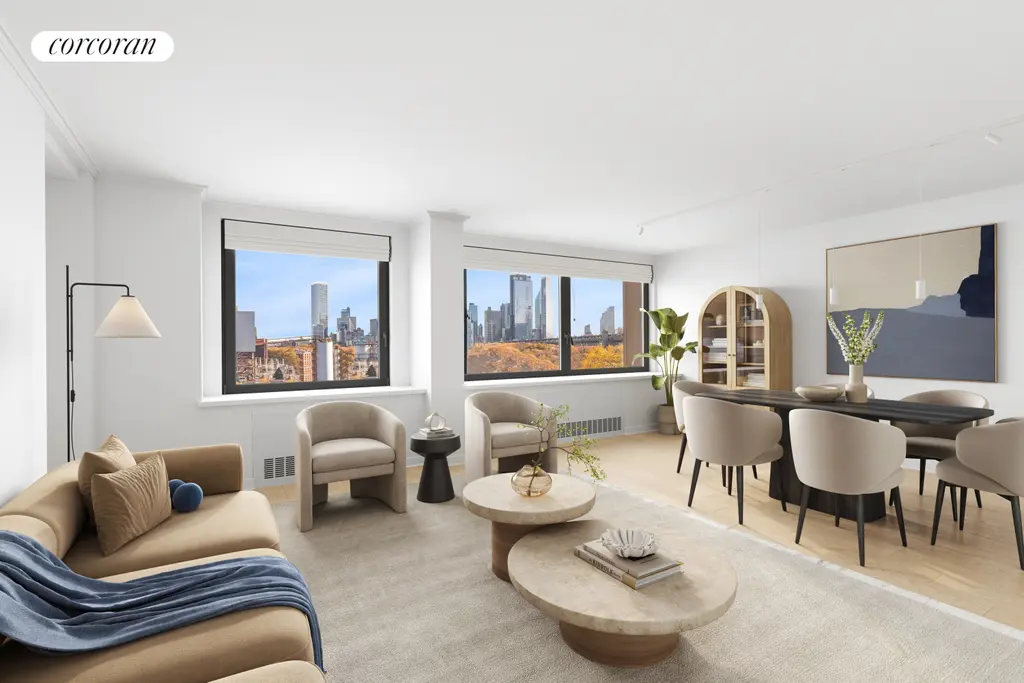
Rivercross, #903 (Corcoran Group)
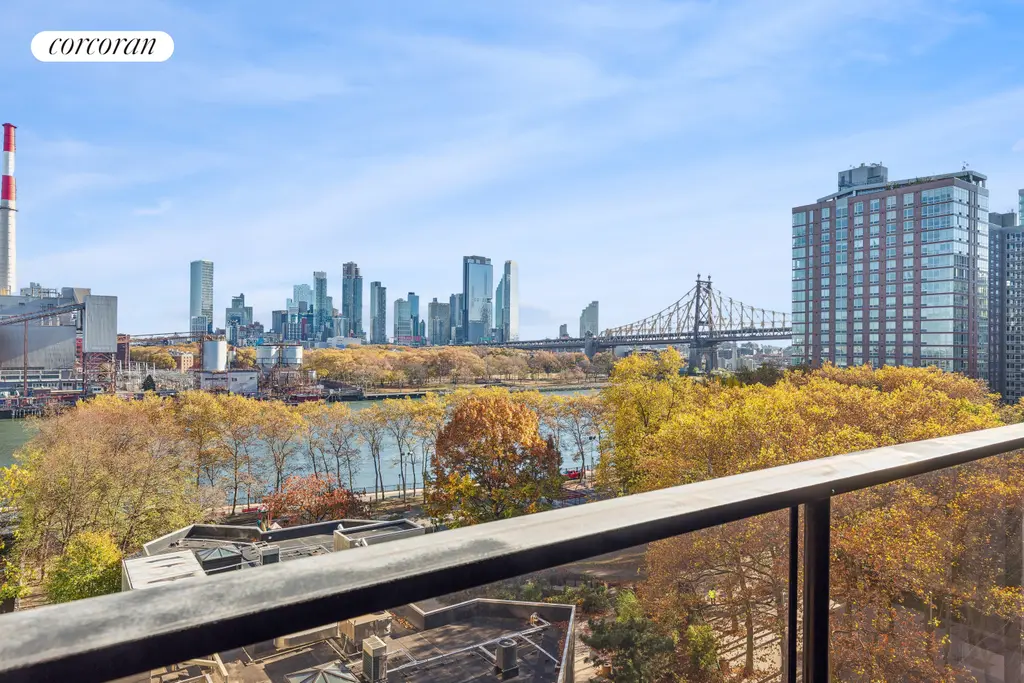

Sutton 57, #3B (Douglas Elliman Real Estate)
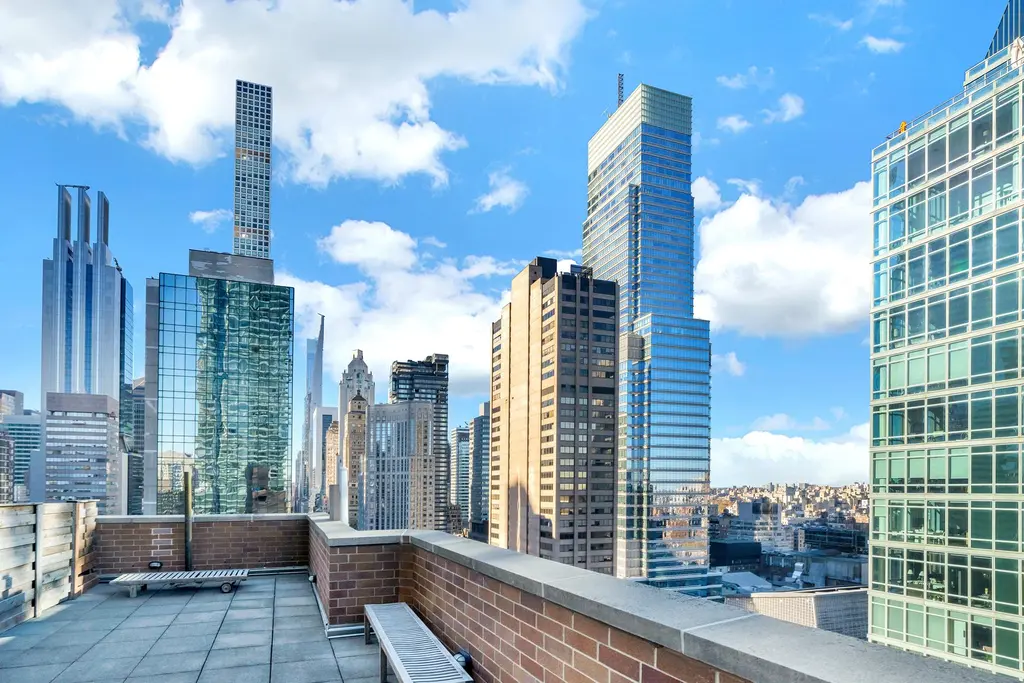

345 East 52nd Street, #6AB (Coldwell Banker Warburg)
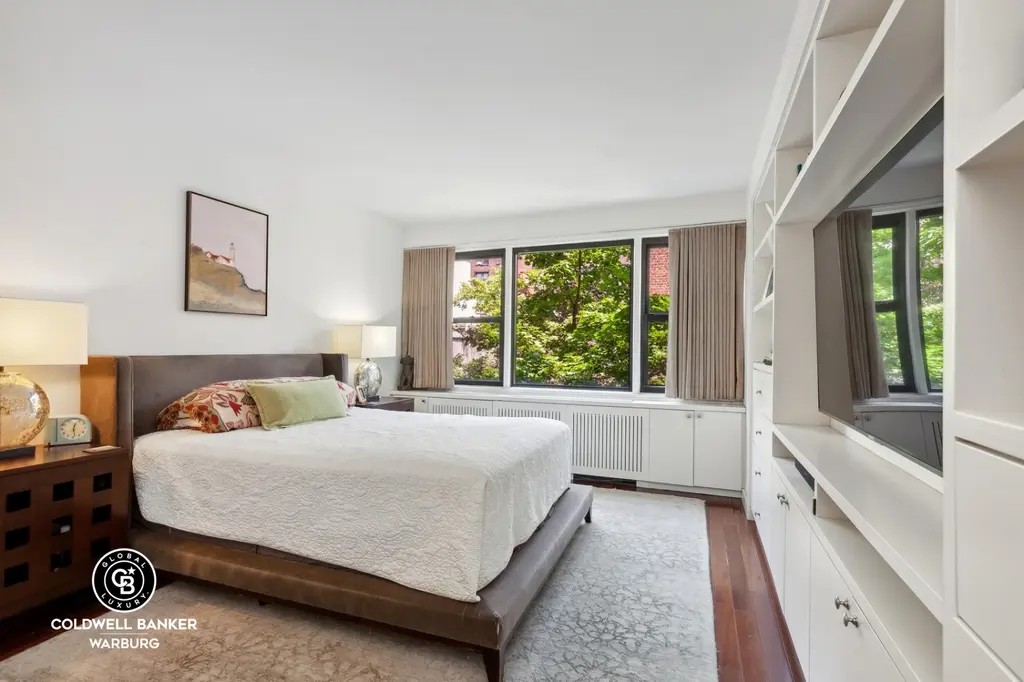

Charing Cross House, #11H (Keller Williams NYC)

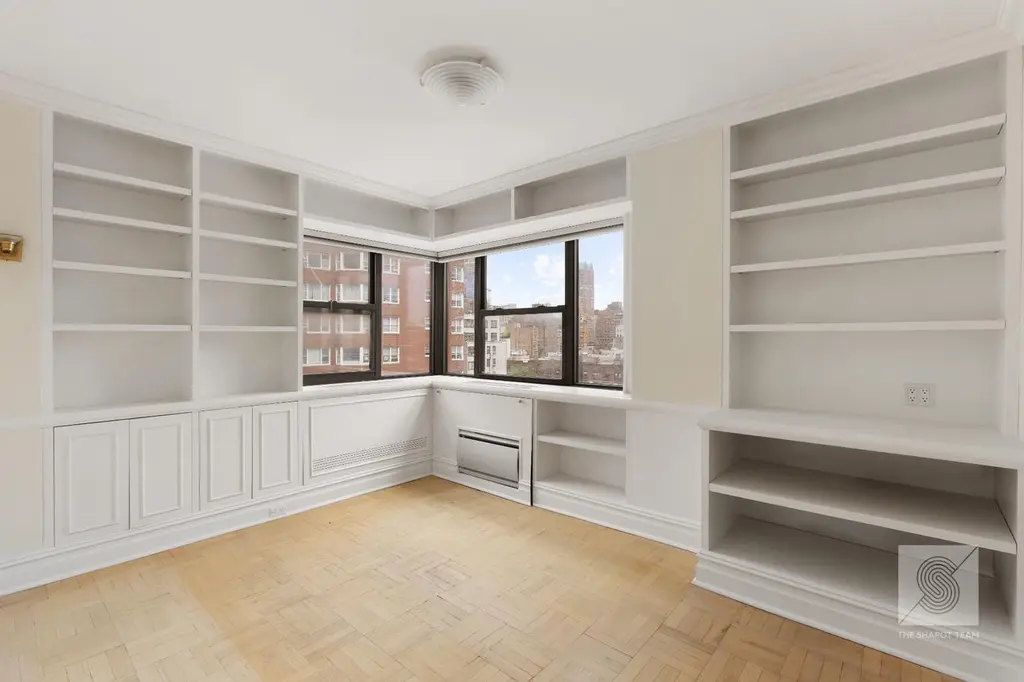

455 East 57th Street, #4C (Coldwell Banker Warburg)


400 East 85th Street, #16E (Corcoran Group)
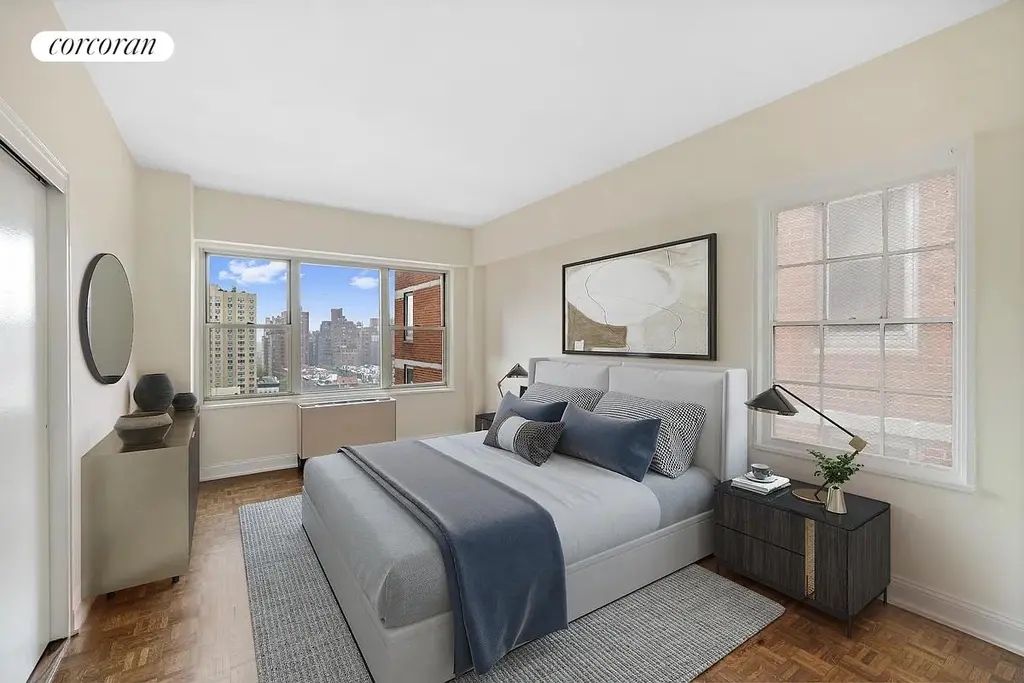
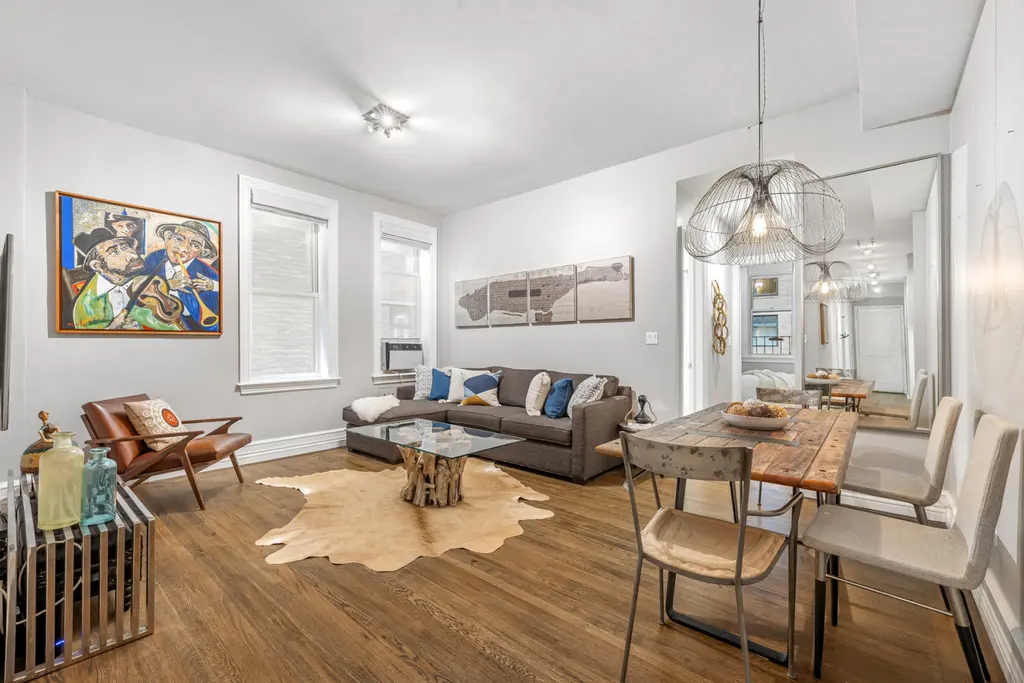
The Coronet, #6G (Serhant)
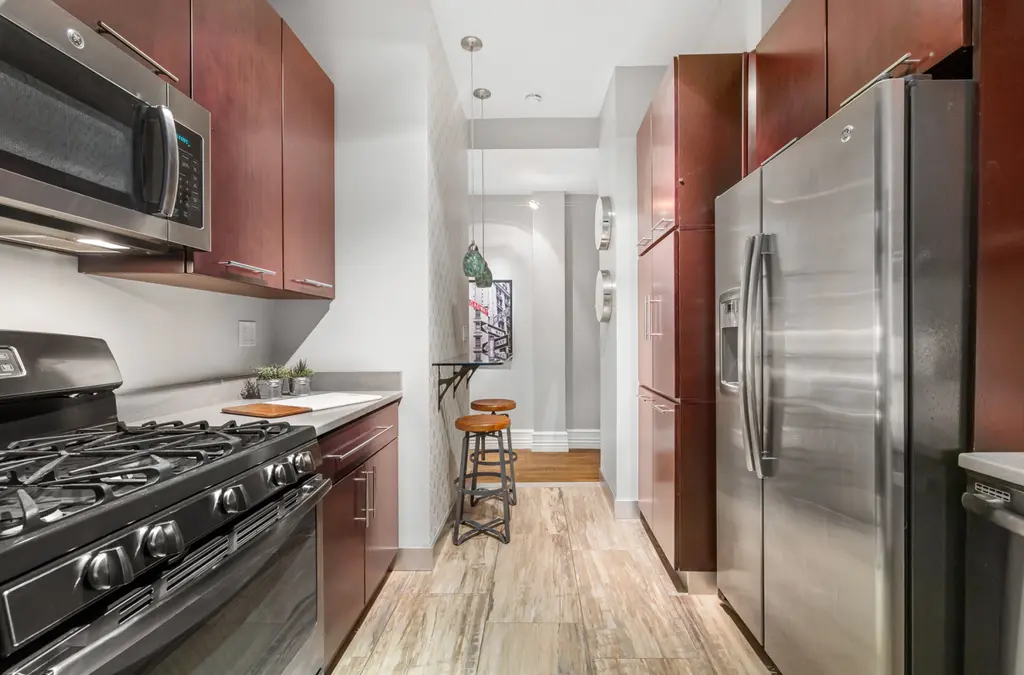

Haddon Hall, #1004C (Corcoran Group)
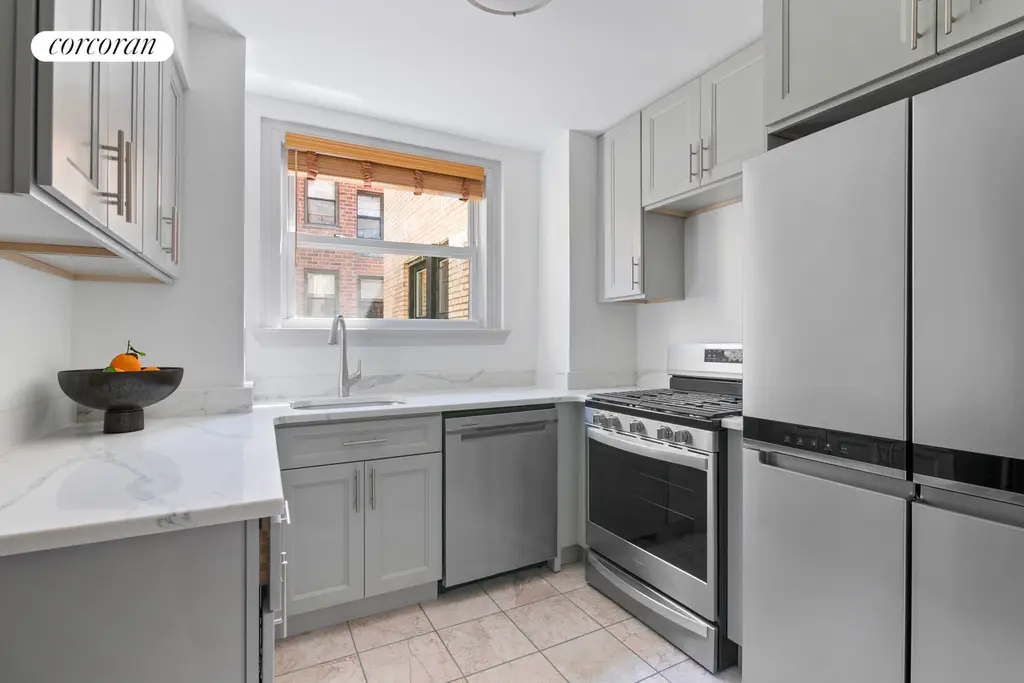
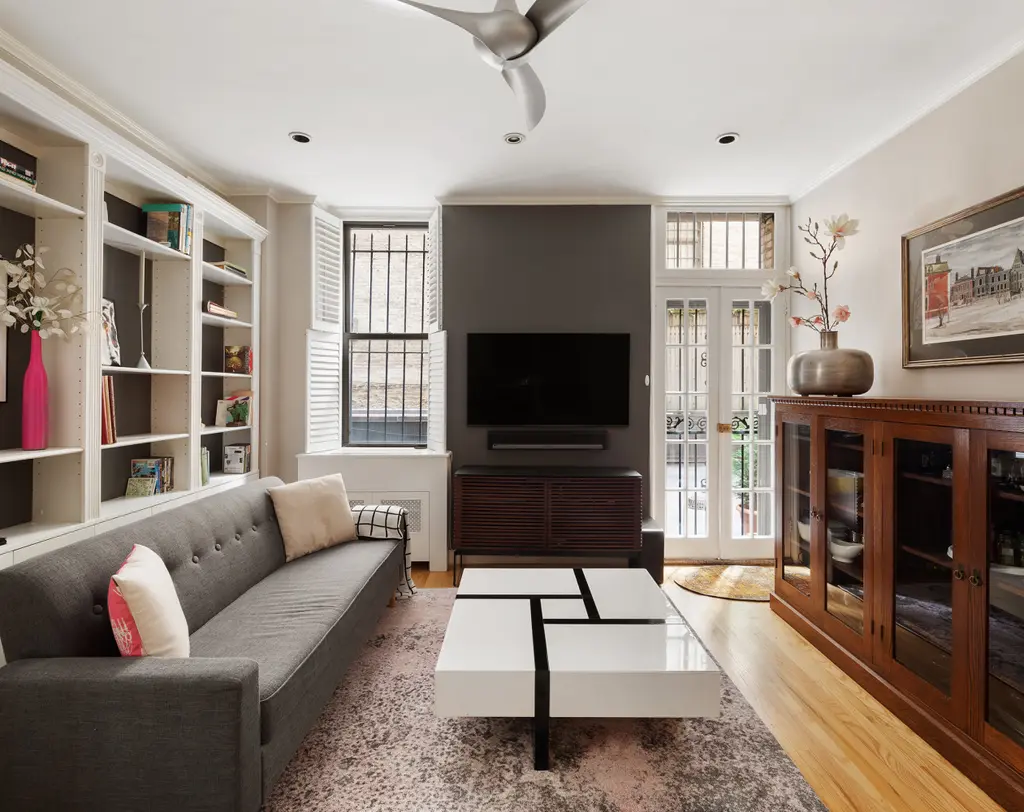
929 Park Avenue, #BAS1A (Serhant)
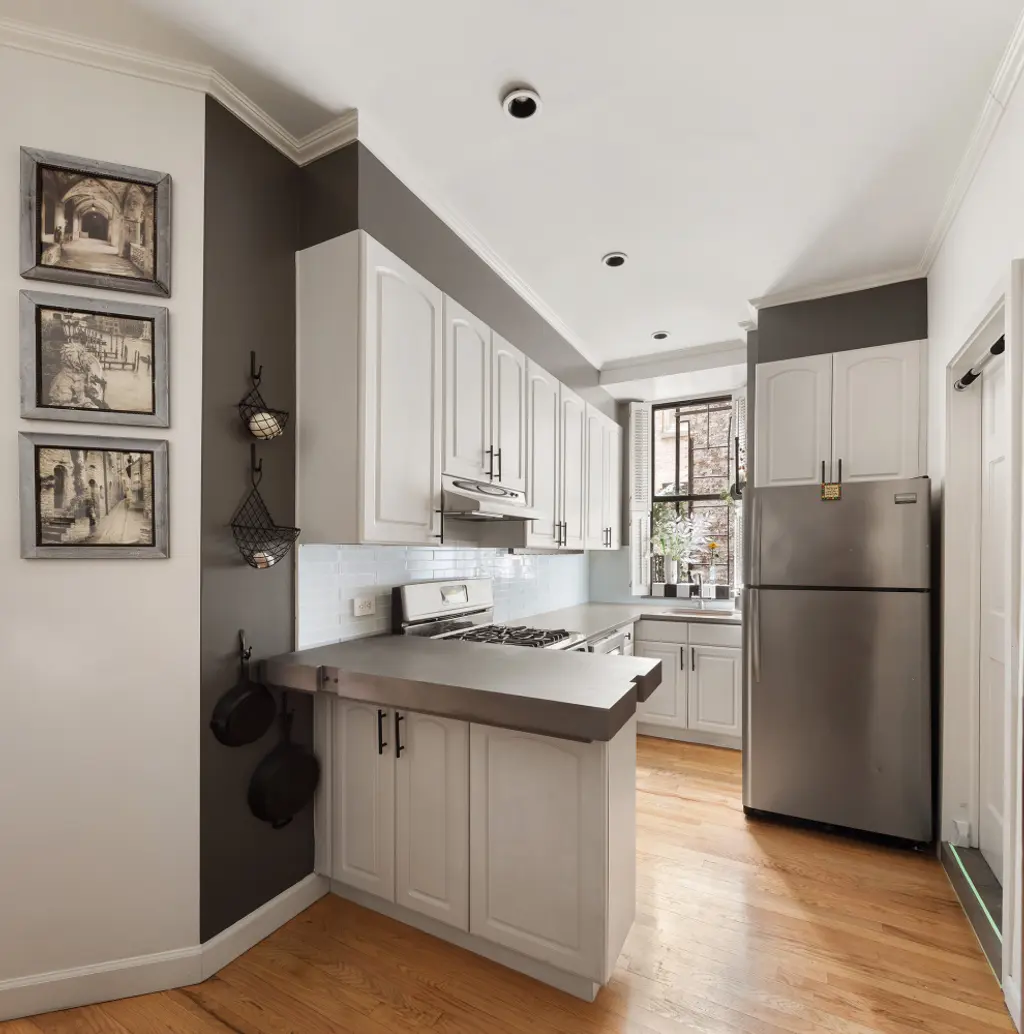

The Caravelle, #6G (Douglas Elliman Real Estate)

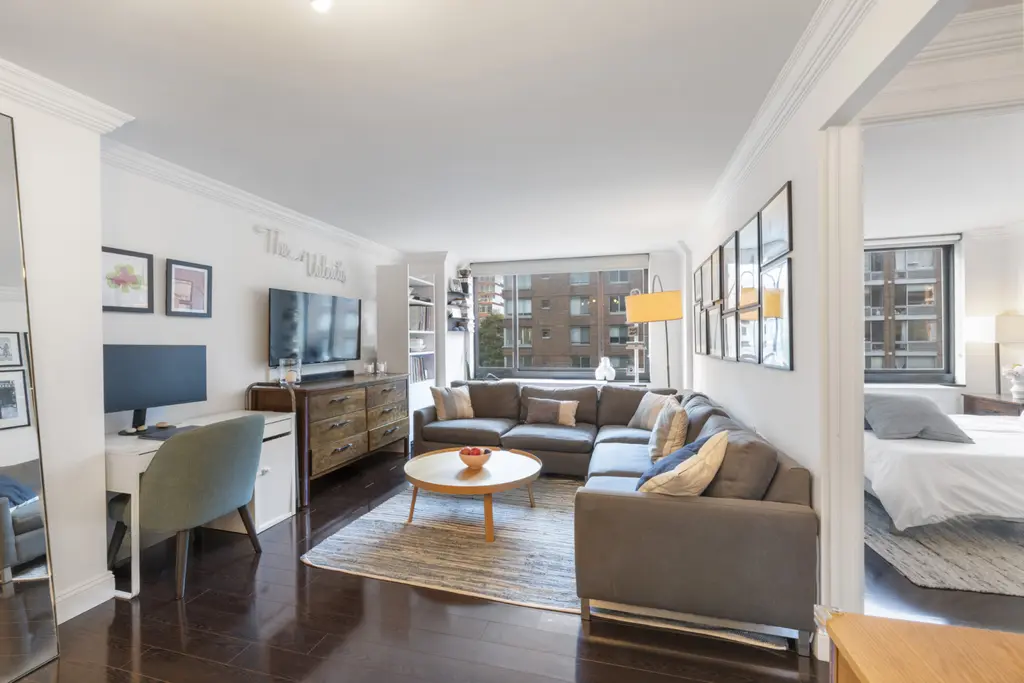
Liberty Court, #5E (Serhant)
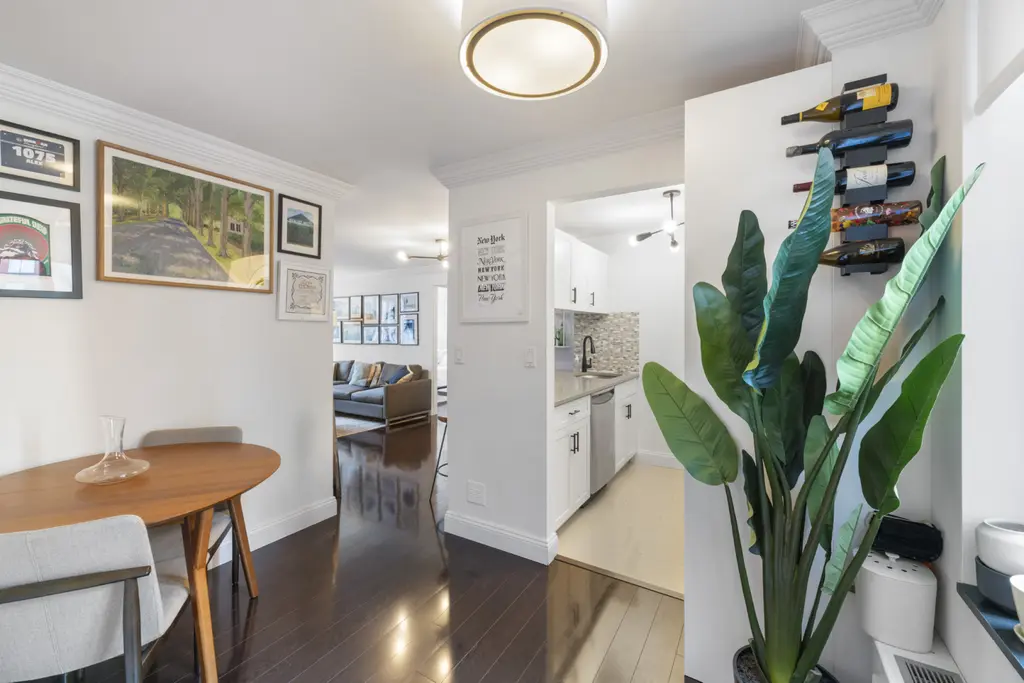

Tudor Tower, #412 (Christies International Real Estate Group LLC)

Gracie Gardens, #3C (Corcoran Group)
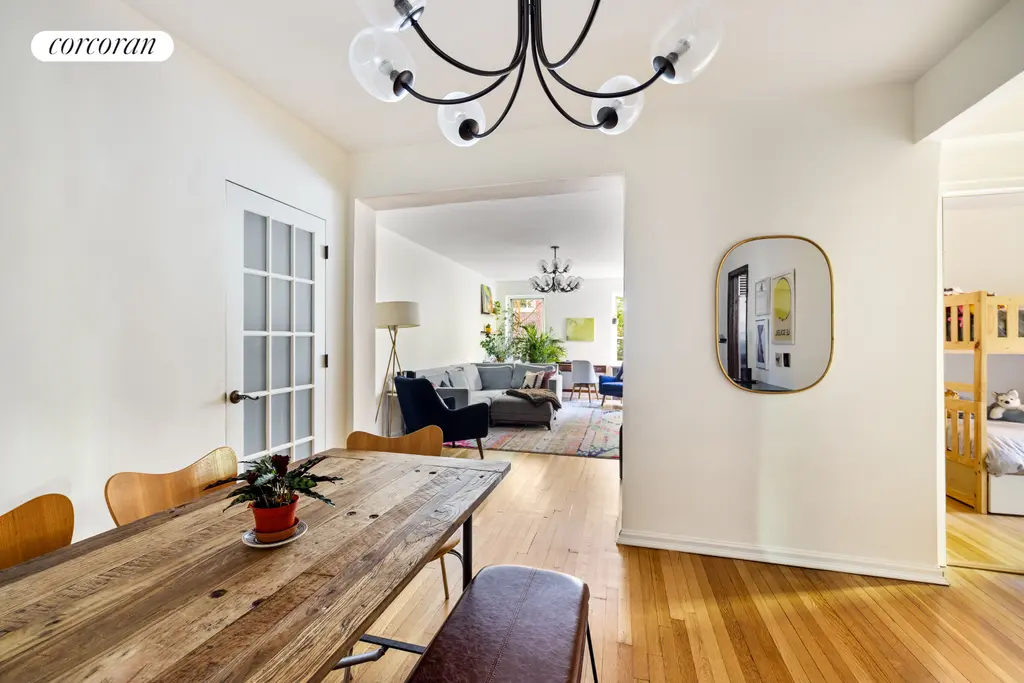

55 Park Avenue, #8EAST (Brown Harris Stevens Residential Sales LLC)

The Chesapeake House, #3D
$889,000 (-3.4%)
Gramercy Park | Cooperative | 2 Bedrooms, 1.5 Baths | 1,175 ft2
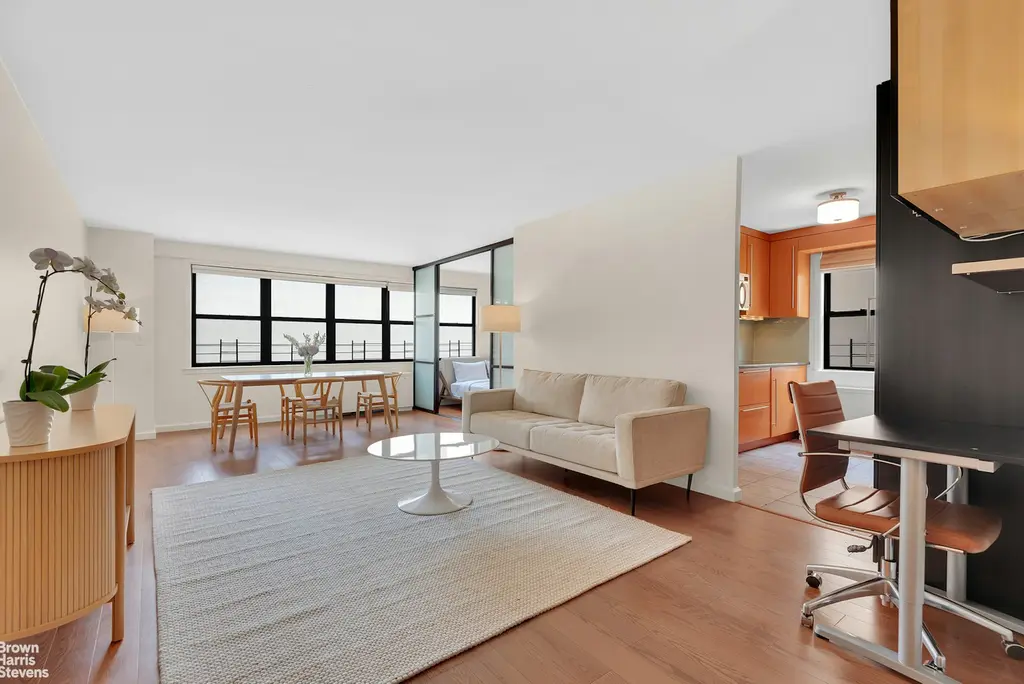
The Chesapeake House, #3D (Brown Harris Stevens Residential Sales LLC)
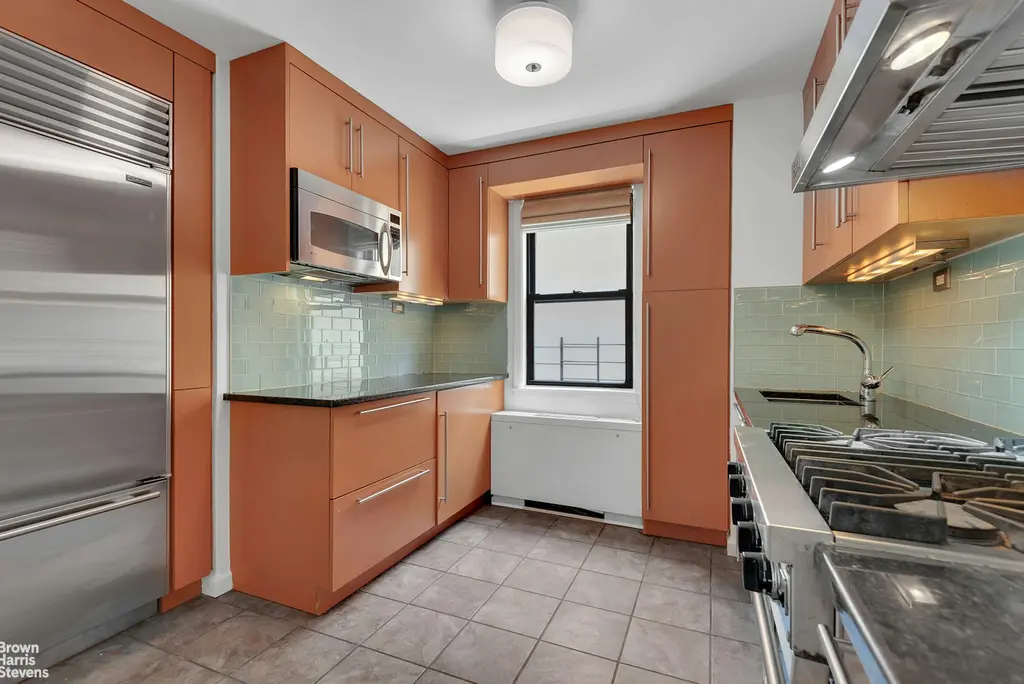

264 Lexington Avenue, #4B (Compass)


250 Mercer Street, #C415 (Douglas Elliman Real Estate)
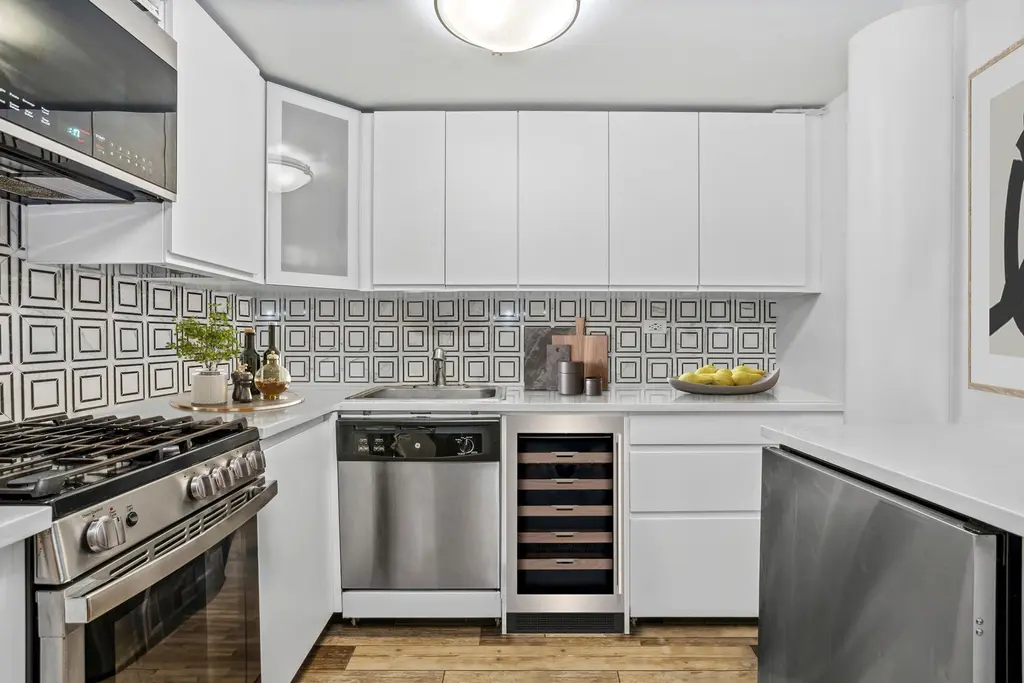

The Vermeer, #15B (Douglas Elliman Real Estate)
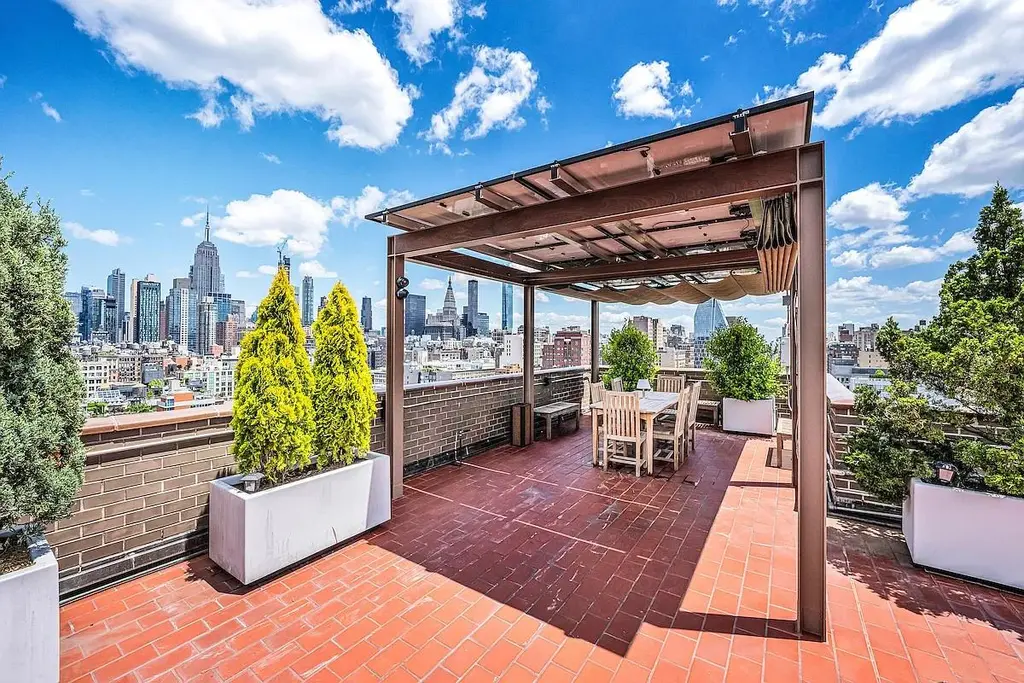

River Edge House, #9F (Compass)


345 West 55th Street, #6B (Compass)
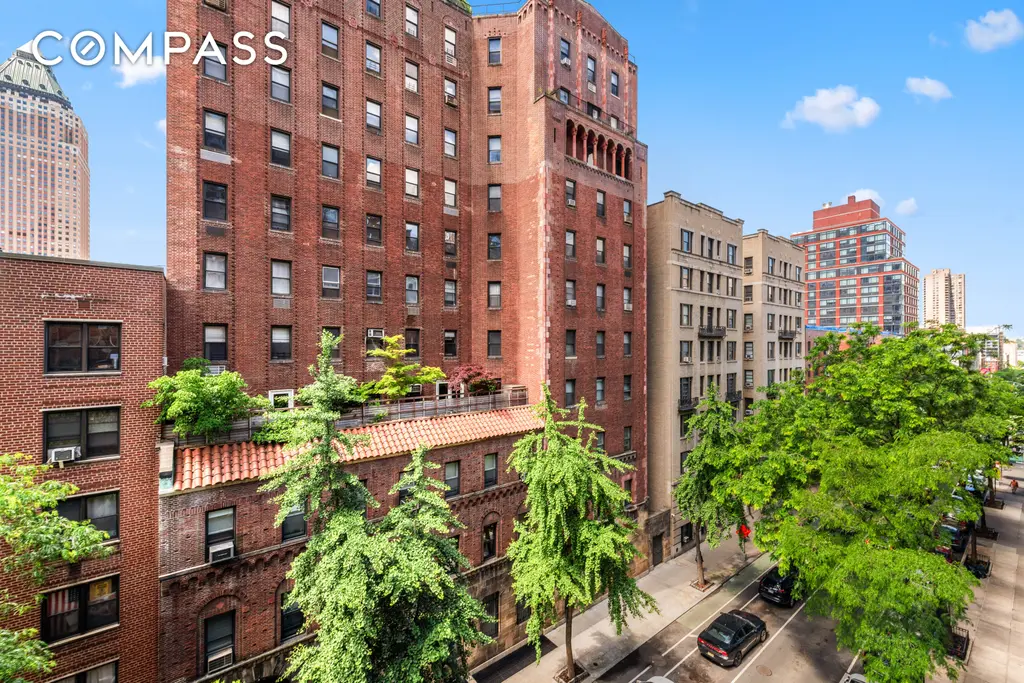

Parker Towne House, #15A (Compass)
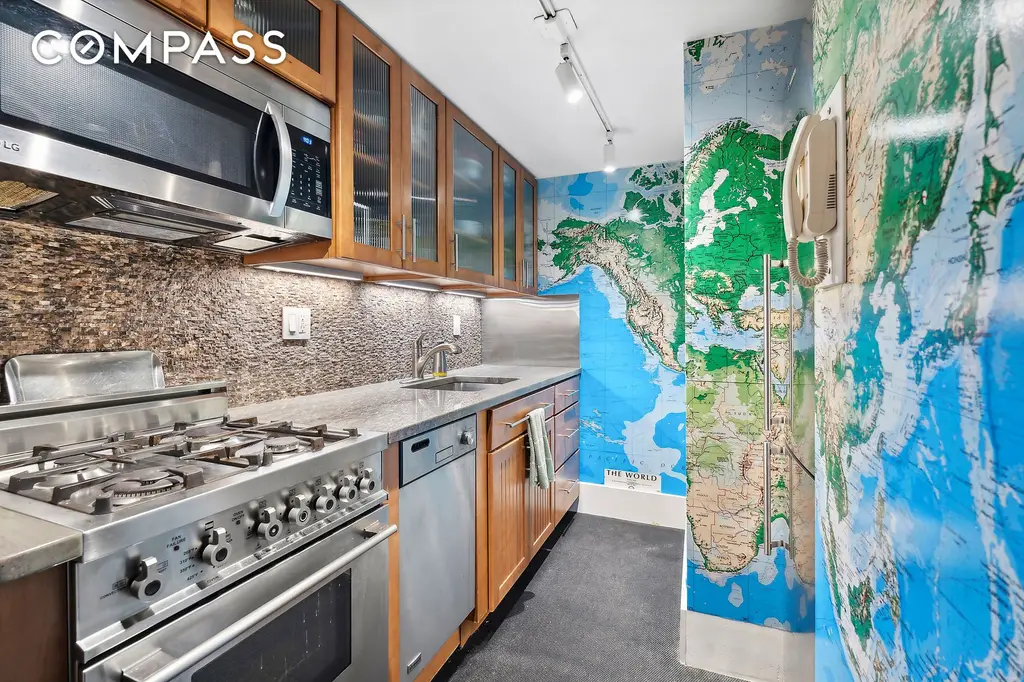
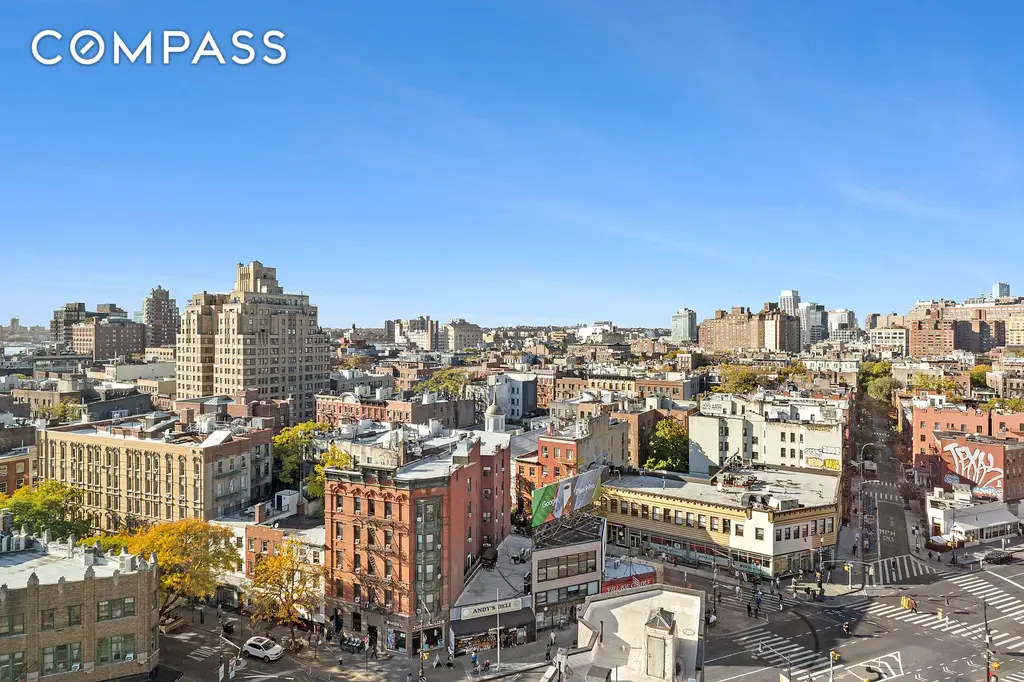
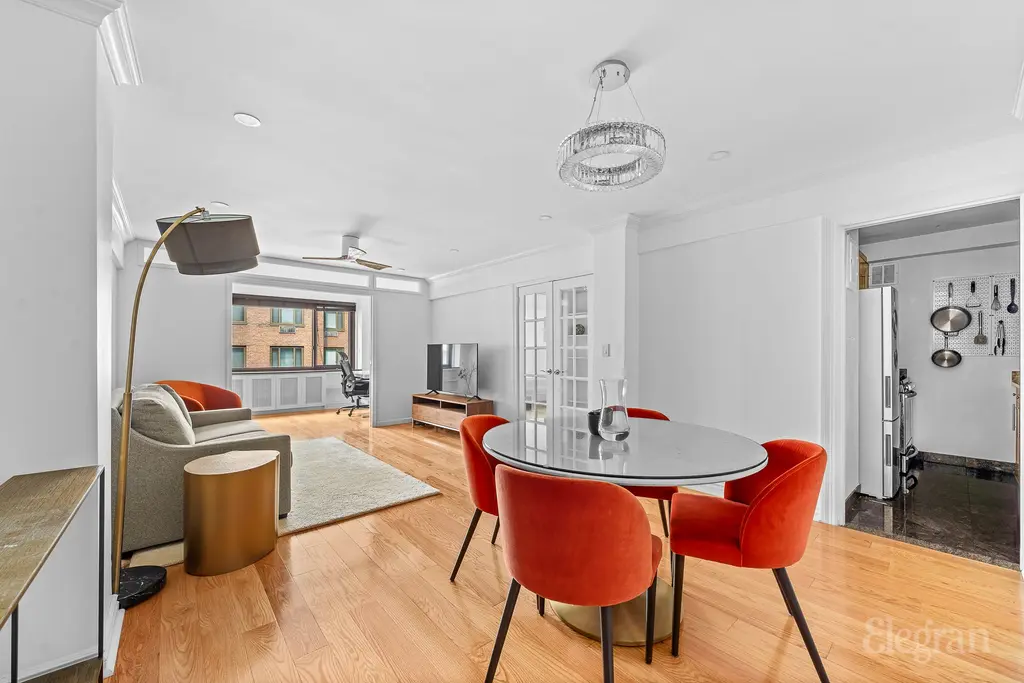
The Royal York I, #E7C (Elegran LLC)
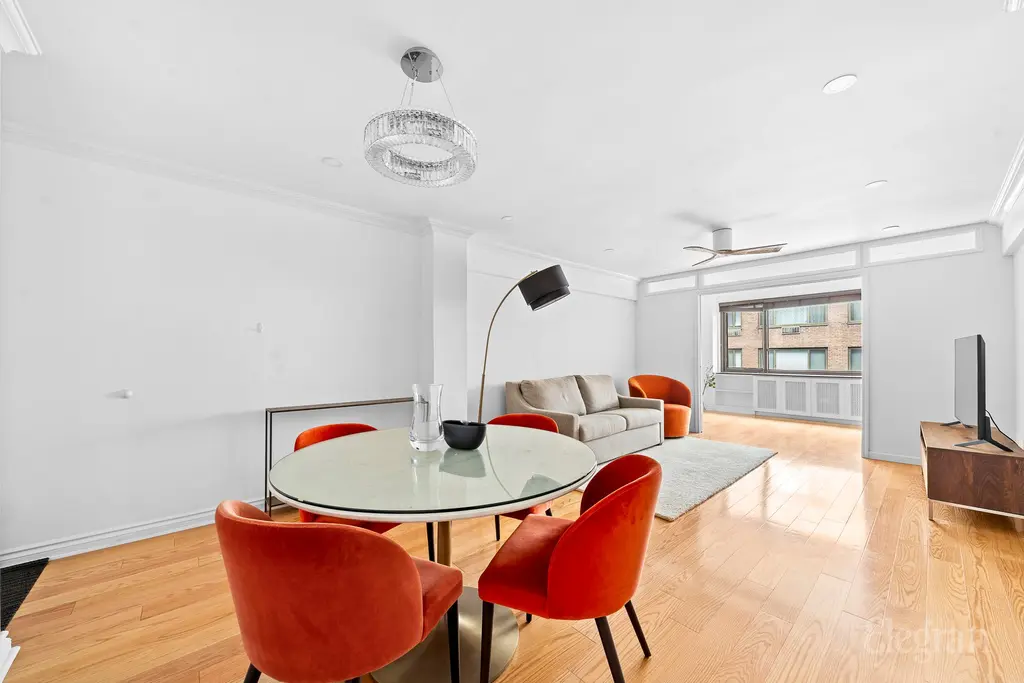

345 East 86th Street, #11C (Berkshire Hathaway HomeServices New York Properties)
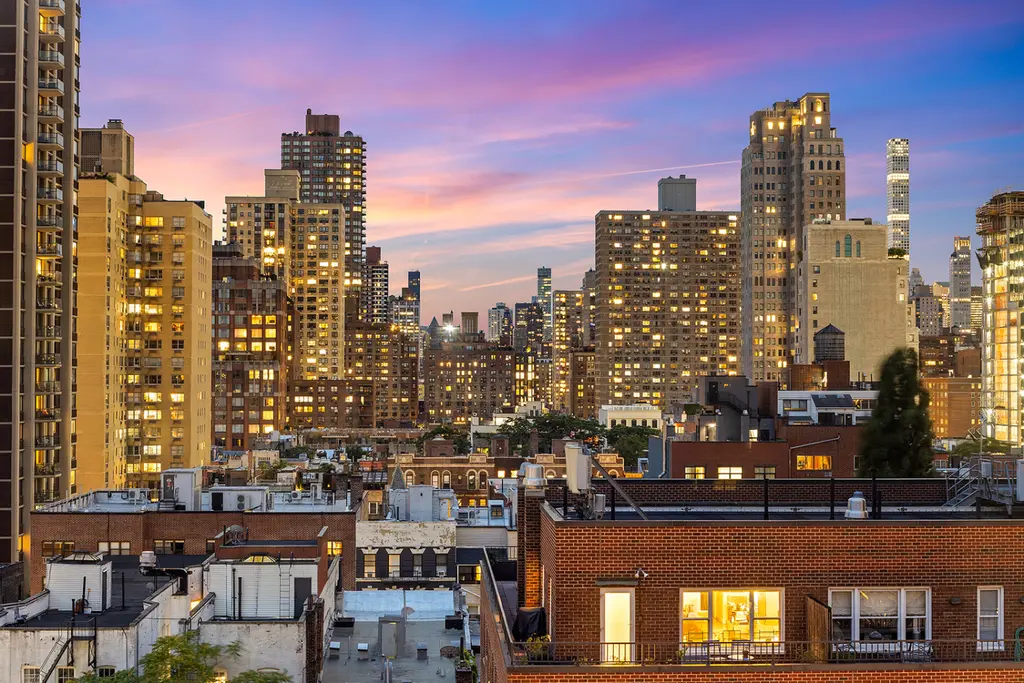

416 Ocean Avenue, #59 (Compass)
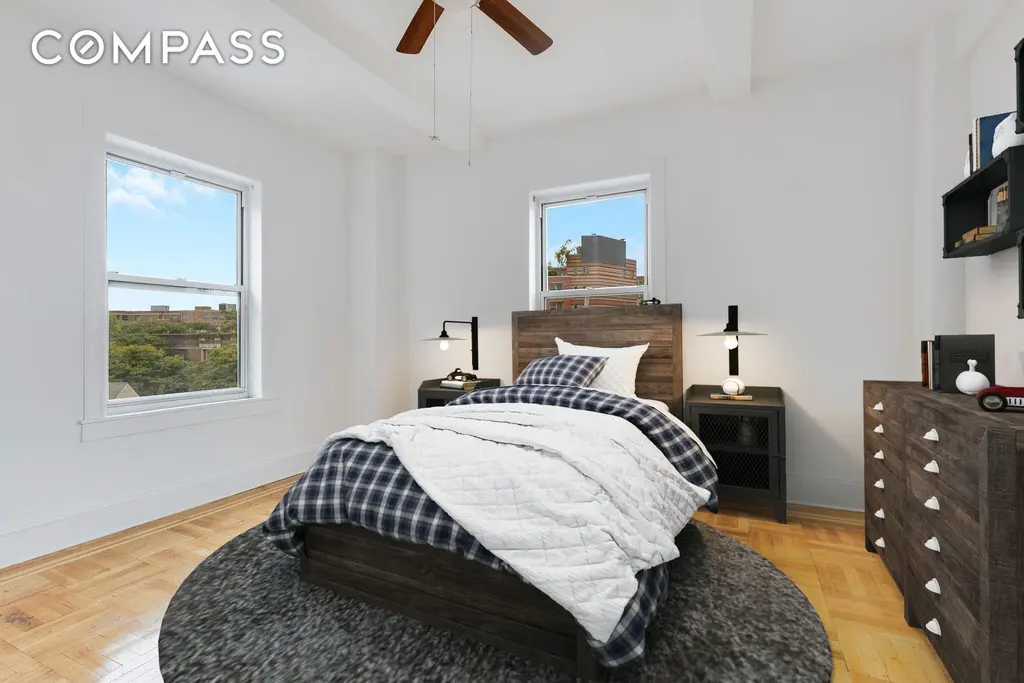

205 East 63rd Street, #9B (Corcoran Group)


201 West 16th Street, #8E (Compass)
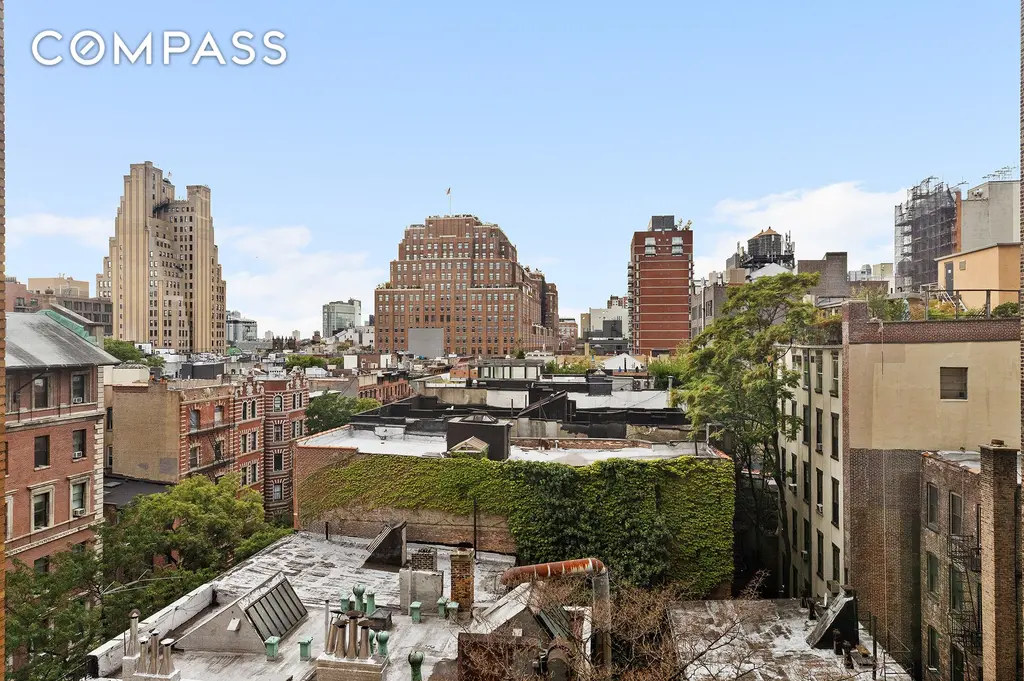
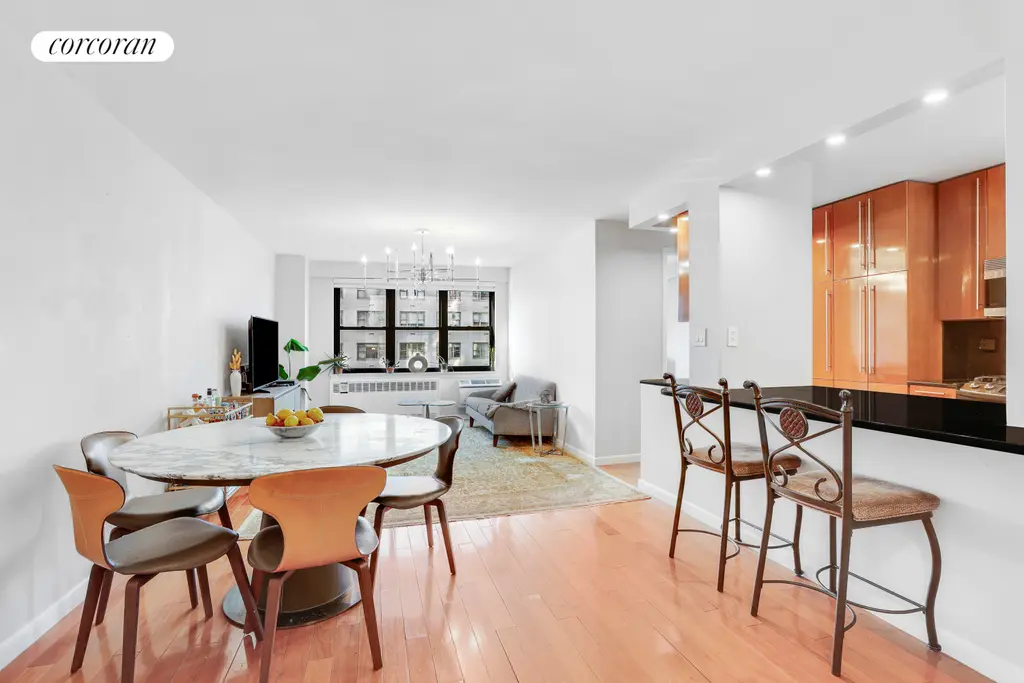
301 East 63rd Street, #14J (Corcoran Group)
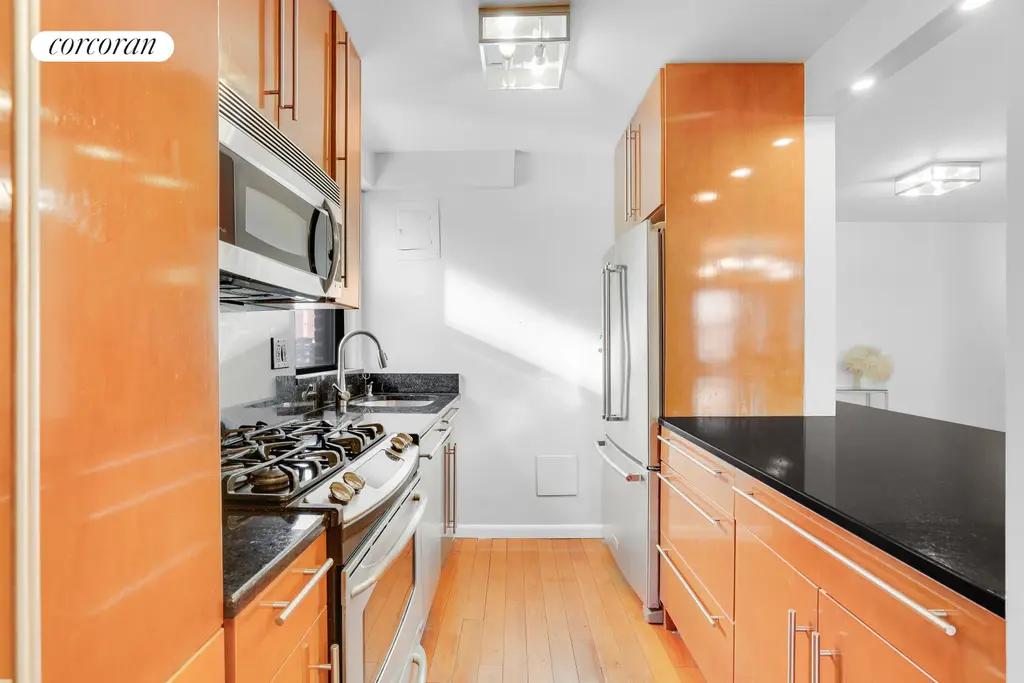
Would you like to tour any of these properties?
Just complete the info below.
Or call us at (212) 755-5544
Would you like to tour any of these properties?

Contributing Writer
Cait Etherington
Cait Etherington has over twenty years of experience working as a journalist and communications consultant. Her articles and reviews have been published in newspapers and magazines across the United States and internationally. An experienced financial writer, Cait is committed to exposing the human side of stories about contemporary business, banking and workplace relations. She also enjoys writing about trends, lifestyles and real estate in New York City where she lives with her family in a cozy apartment on the twentieth floor of a Manhattan high rise.

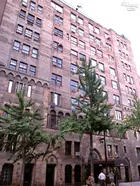
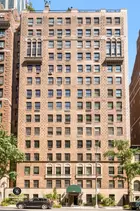

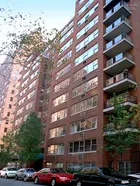
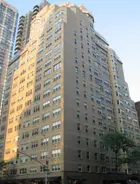
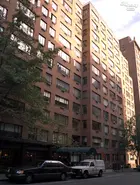
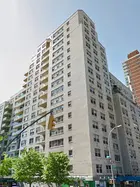
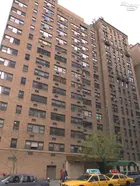
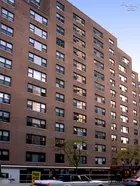
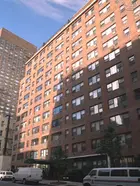
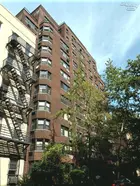
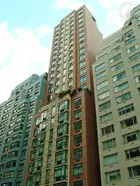
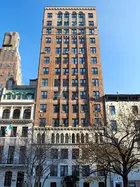
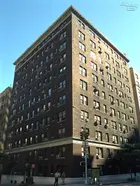
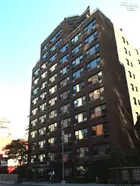
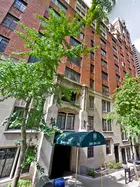
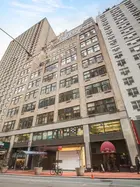
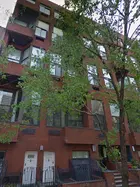
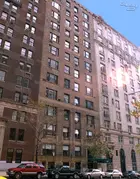
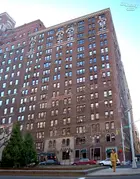
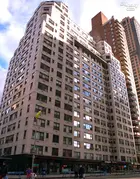
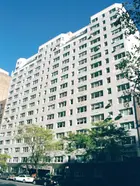
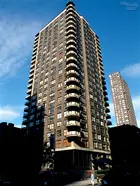

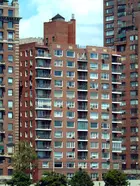
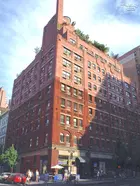
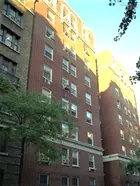
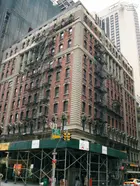
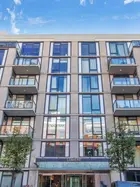
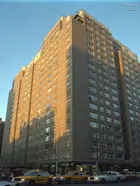
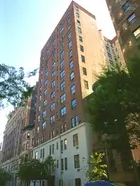
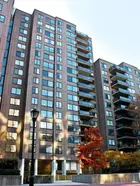


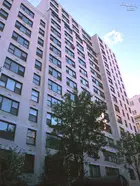




 6sqft delivers the latest on real estate, architecture, and design, straight from New York City.
6sqft delivers the latest on real estate, architecture, and design, straight from New York City.
